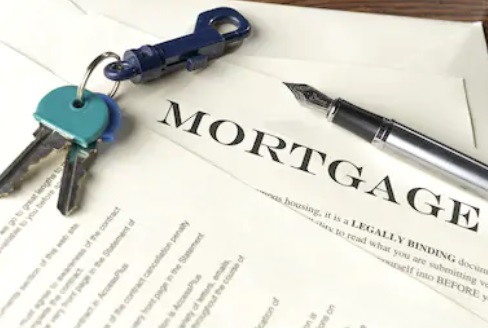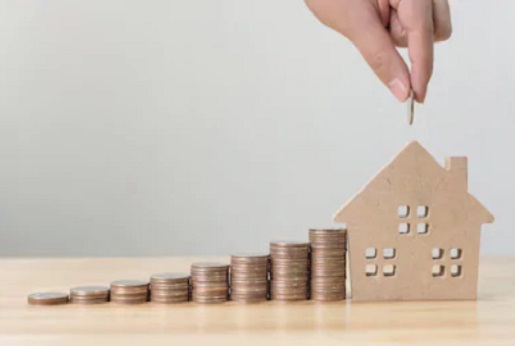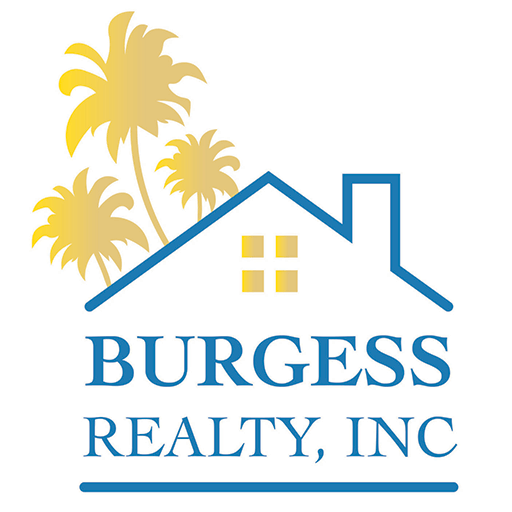Becoming a homeowner is a major accomplishment. You’re typically going from being a renter to actually owning property.
You’ll be responsible for the upkeep and repair of the home, but you’ll have a residence that is all yours. You can enjoy living in a new community while building equity in the process.
Buying a home in Florida can be intimidating, especially for first-time homebuyers. Don’t feel like you have to go after the first available property that you see.
It can sometimes take weeks, months, or even years to find the right home for you. All it takes is determination, patience and focus.
Here are a few helpful hints for first time homebuyers:
1. Think about what kind of home you want.
One of the very first things you should do is to start thinking about the kind of home that you really want. Spend some time looking at online listings and neighborhoods, so that you get a feel for what’s available.
You should also consider what kinds of homes are practical for your needs. A five-bedroom home may sound great, but it can be rather expensive and time-consuming to maintain, especially if you don’t need that much extra space.

2. Make a list of essential features.
Next, take some time to start creating a list of all of the features that you want in your dream home. They could be anything from new windows to a new air conditioner or roof.
This is probably going to be one of the biggest purchases that you will ever make, so be sure to consider what matters most.
From there, you can review listings to see which of these amenities each house you’re considering has. If you’re finding that more and more potential homes don’t have certain items on your list, you may want to rethink your priorities.
Certain items are probably going to be more of a “want” than a “need.” The “must-haves” can stay, but the wants may be relegated to another column.
3. Get prequalified for a mortgage loan.
If you’re determined to become a homeowner, you need to get prequalified for a mortgage loan. Shop around with local banks, credit unions and lending institutions to see what rates and offers are available to you.
Prospective lenders will review your credit, employment history, loans and other debt or current financial obligations to determine what kind of loan they can offer to you.

4. Prepare a budget.
Now it’s time to determine just how much house you can actually afford.
You have to factor in the home’s sale price, along with closing costs, homeowners and other types of insurance that may be required, maintenance costs and other related expenses. You should sit down and review your budget.
Take a look at your current expenses, and estimate how much your monthly mortgage payments, utility bills, insurance, and other home-related costs will add to that amount. There may be some unnecessary expenses that you can cut down or eliminate entirely.
5. Start setting savings goals.
Don’t forget about the down payment! Most loans require a down payment of about 20 percent of the home’s sale price or more.
When you’re planning your budget, look for ways that you can start setting money aside for both the down payment and closing costs as soon as possible. Start setting goals.
For example, you may want to buy a house 12 months from now. You can create a timeline and track your progress every month or every quarter. You may find ways to save more money than you think over time.

6. Talk to a real estate agent.
Another important step in the process is working with a real estate agent.
You could try to find the perfect house on your own, but most lack the knowledge and experience that most realtors have. Sit down with them and discuss your goals and your budget.
They will work with you to find a home that meets your requirements in a neighborhood that you want to live in.
7. When you’re ready, make an offer.
Once you’ve found a home that suits you, you can make an offer to the seller. Don’t be surprised if they come back with a counter-offer.
You may have to do a little negotiating before both parties can agree on an acceptable dollar amount.
After the offer is accepted, you’ll move closer and closer towards becoming a first-time home owner with each passing day.

8. Have the home inspected.
A home inspection is required before most home sales can be finalized. A licensed inspector will examine the property inside and out. You should attend the inspection when possible.
The inspector will release a report of their findings which they will make available to both the home buyer and seller. If there are areas of concern, you can discuss them with your realtor.
The seller may agree to have any necessary repairs or improvements completed before the sale is complete, or you can have them done afterwards. If the seller handles the work, they may reduce their asking price for the home.
If you don’t have the home properly inspected, you could be liable for hidden or unknown problems that could cost you hundreds or even thousands of dollars in the long run.
9. Get ready to close.
The final step in buying a home is the closing process. If you’re getting a mortgage, you’ll need an appraisal to confirm the value of the home. If everything is agreeable, you’re ready to close. If not, you can always walk away risk-free.
Before you can move in, be prepared to sign a lot of paperwork! A title company will conduct a title search to confirm that the seller has legal claim to the home. You may have to take out private mortgage insurance as well.

After everything is in order, you’ll sign the final paperwork and write out your check for the seller. Once everything is processed and the seller receives the check, you’ll be given the keys to your new home!
These are some of the most important things to know if you’re planning on buying your first home. There are bound to be some stressful days, but you’ll get through it. If you have questions or concerns, ask the realtor or the home seller as needed.
There are a lot of steps along the way, but each of them is important to your overall goal of home ownership. Missing or skipping any one of them could have serious consequences. The process should be as stress-free as possible, so that you can concentrate on establishing roots in a new community.
Have Questions? Ask Barbara!
Give Barbara Burgess a call at 321-615-4543 to learn more about local areas, discuss selling a house, or tour available homes for sale.

